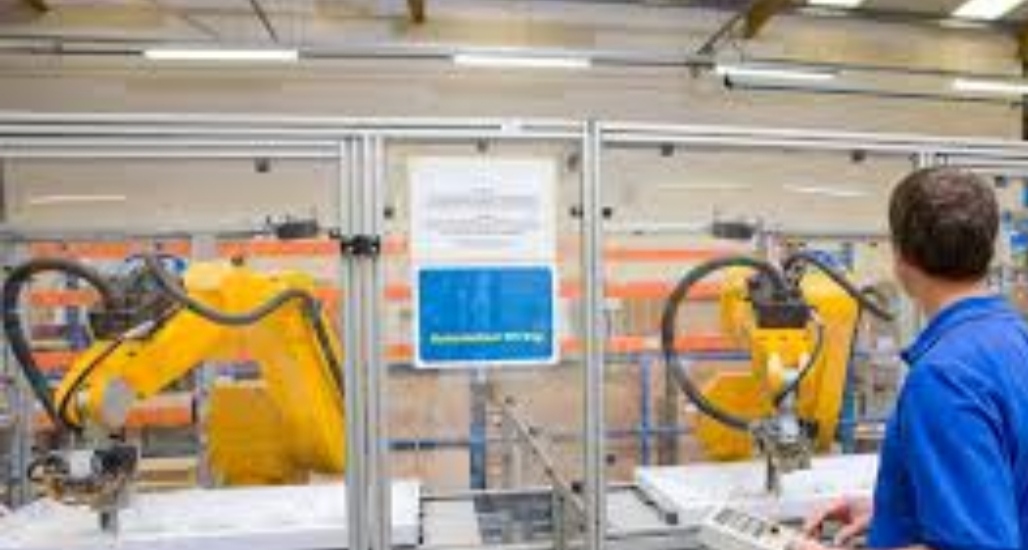In recent years, the gig economy has experienced an unprecedented boom, reshaping the landscape of traditional employment. This phenomenon represents a significant shift in the way people work, with more individuals choosing to freelance and businesses increasingly relying on gig workers to meet their needs.
One of the primary drivers behind the gig economy’s surge is the flexibility it offers. Freelancers can choose when, where, and how they work, allowing them to balance their professional and personal lives more effectively. This flexibility has attracted a diverse pool of talent, from students looking for part-time work to retirees seeking supplemental income.
Technology has played a pivotal role in the gig economy’s growth. Digital platforms and apps connect freelancers with businesses and clients worldwide. This ease of access has expanded opportunities for freelancers to find work in various fields, from graphic design and writing to coding and consulting. As a result, many people are discovering new avenues for income and professional growth.
Businesses have also embraced the gig economy as a cost-effective solution. They can tap into a vast talent pool without the overhead costs associated with traditional employment, such as office space and benefits. This approach allows companies to remain agile and scale their workforce up or down as needed, responding to market fluctuations more efficiently.
While the gig economy offers numerous benefits, it is not without challenges. Freelancers often lack job security and benefits like healthcare and retirement plans, making financial planning more complex. Additionally, labor laws and regulations surrounding gig work are evolving to address these issues, adding complexity to the landscape.
In conclusion, the gig economy’s expansion represents a significant shift in the world of work. Its flexibility, enabled by technology, has attracted a diverse workforce and offered businesses new ways to meet their staffing needs. However, it also presents challenges that society and policymakers must address to ensure fair and sustainable employment practices in this evolving job market




